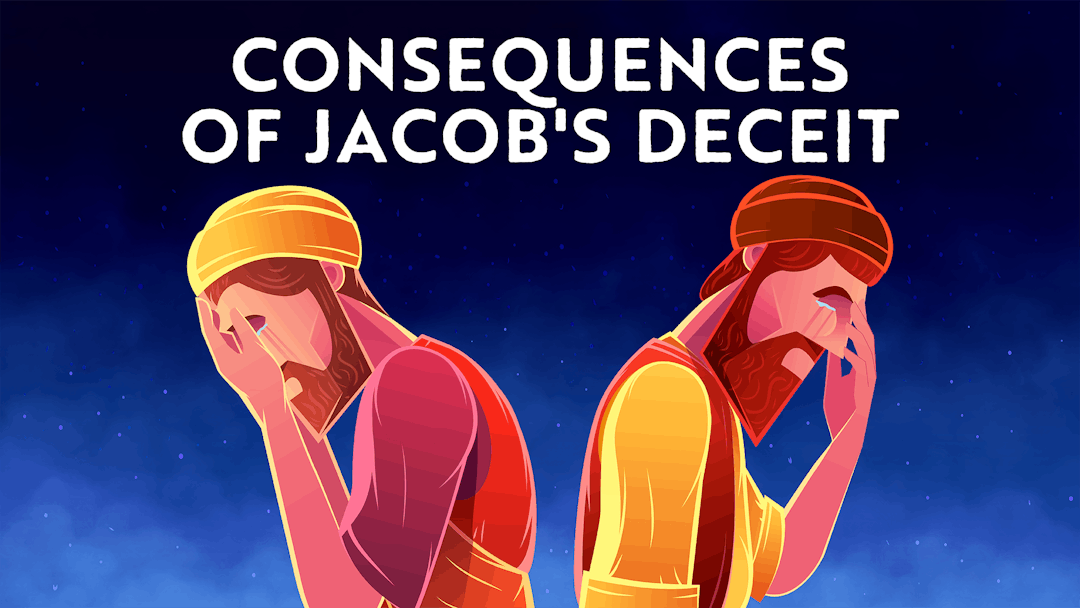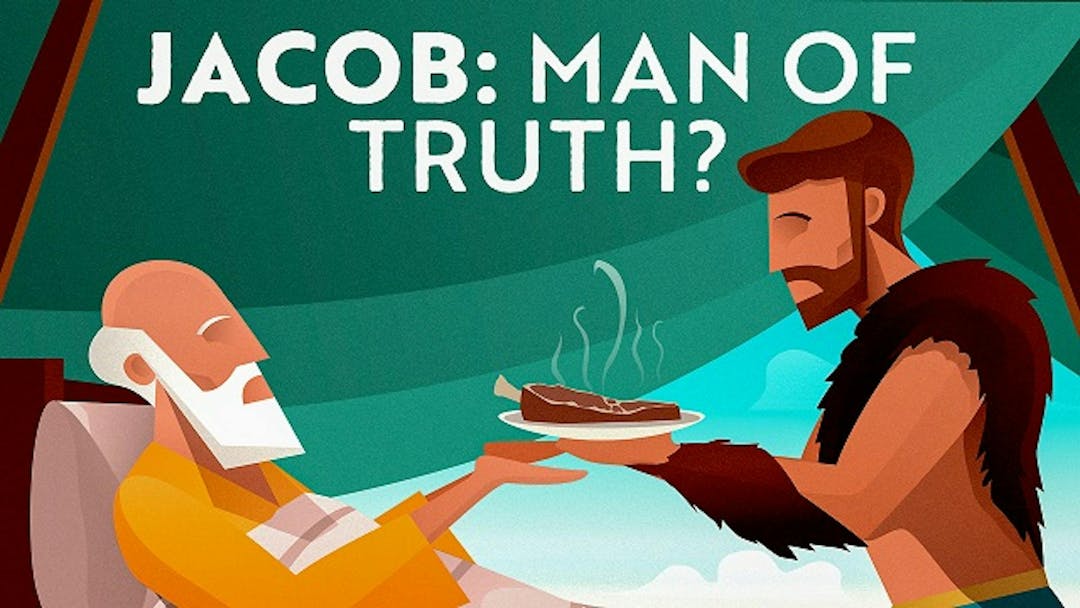Start your free trial today to unlock the full library and enjoy unlimited and uninterrupted access.
Get StartedWhat To Do When You’re Not Dad’s Favorite
Jacob Learns From Laban’s Deceit
When we first met Jacob in the previous parsha, he was in a pretty unfair position. His father favored his brother Esav, and, by the end of the parsha, it seemed like he was ready to leave Jacob out of the family legacy. When Jacob learned about Isaac’s plans to pass blessings on to Esav, he was forced to make a difficult choice: Should he resign himself to his father’s decision, or should he do something about it? In the end, Jacob chose to deceive his father Isaac and take the blessings for himself.
Which leaves us wondering, did Jacob make the wrong decision? On the one hand, he tricked his father and stole from his brother – that doesn’t seem right. On the other hand, what was he supposed to do? Sit back, accept that he was unloved and let himself become irrelevant? That doesn’t seem right either. So what’s the answer? A closer look at our parsha may tell us.
Join Imu and David as they explore a number of fascinating links between the story of Jacob’s deceit of Isaac in the previous parsha, and his interactions with his uncle Lavan in this parsha. These links may suggest what Jacob should in fact have done – and reveal a key insight into Jacob’s evolving character.
Click here for Jacob: Man of Truth
Want to watch the full video for free?
Enter your email and we’ll send you a link to watch the full series free.
What is Aleph Beta?
Aleph Beta is a unique kind of Torah library. Led by our founder, Rabbi David Fohrman, we are dedicated to high-level, textual Torah learning for adults that is intellectually and spiritually sophisticated, that enlivens your Jewish practice and helps you forge a deeper connection to God. Whether you’ve been learning in yeshiva for years or you’re just beginning your Torah journey, you’re sure to find something meaningful and surprising waiting for you here.
Browse our library of over 1,000 beautifully produced animated videos, podcasts, deep dive courses, and printable guides. Topics include the weekly parsha, Jewish holidays & fast days, laws & mitzvot, prayers, relationships, big philosophical ideas and more. Have something to say at the Shabbos table that will amaze your family and guests and bring deep meaning into their lives.











